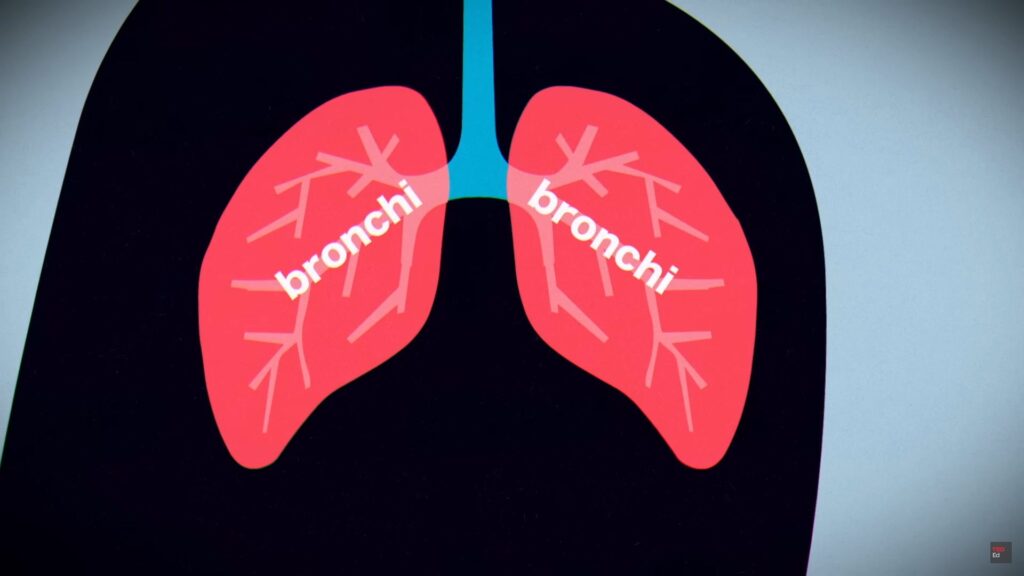Pneumonia, a respiratory infection that inflames the air sacs in the lungs, can lead to various complications, especially if not promptly treated or managed effectively. Recovering from Pneumonia Complications requires a comprehensive approach that addresses both physical and respiratory health. In this article, we’ll delve into strategies for managing pneumonia complications and facilitating a smooth recovery.
Understanding Pneumonia Complications
Pneumonia complications can range from mild to severe, depending on factors such as the individual’s overall health, the type of pneumonia, and the presence of underlying medical conditions. Some common complications include:
- Respiratory Failure: Severe pneumonia can impair lung function, leading to respiratory failure, where the lungs cannot provide adequate oxygen to the body’s organs.
- Sepsis: Pneumonia can trigger a systemic inflammatory response known as sepsis, which can cause organ dysfunction and, in severe cases, septic shock.
- Lung Abscess: In some cases, pneumonia can lead to the formation of abscesses or pus-filled cavities within the lungs, requiring drainage or surgical intervention.
- Empyema: This is a condition where pus accumulates in the pleural space surrounding the lungs, leading to chest pain, difficulty breathing, and other symptoms.
Strategies for Recovery
1. Follow Medical Advice
- Strictly adhere to the treatment plan prescribed by your healthcare provider, including medications, oxygen therapy, and respiratory exercises.
- Attend follow-up appointments to monitor your progress and address any emerging complications promptly.
2. Rest and Hydration
- Get plenty of rest to allow your body to recover and conserve energy for healing.
- Stay well-hydrated by drinking ample fluids, such as water, herbal teas, and clear broths, to thin mucus and prevent dehydration.
3. Respiratory Support
- Practice deep-breathing exercises, coughing techniques, and chest physiotherapy to clear mucus from your airways and improve lung function.
- Use respiratory aids, such as a spirometer or incentive spirometry device, to expand your lung capacity and prevent complications like atelectasis.
4. Nutritious Diet
- Eat a balanced diet rich in vitamins, minerals, protein, and antioxidants to support your immune system and promote tissue repair.
- Include foods that are easy to digest and soothing to the throat, such as soups, steamed vegetables, and soft fruits.
5. Monitor Symptoms
- Keep track of your symptoms and report any changes or worsening of your condition to your healthcare provider immediately.
- Seek medical attention if you experience persistent chest pain, difficulty breathing, high fever, or confusion, as these may indicate serious complications.
6. Avoid Smoke and Pollutants
- Steer clear of cigarette smoke, air pollution, and other respiratory irritants that can exacerbate lung inflammation and delay recovery.
- Create a clean and smoke-free environment at home to support respiratory health and prevent relapses.
Conclusion
Recovering from pneumonia complications requires patience, diligence, and comprehensive care. By following these strategies and working closely with your healthcare provider, you can navigate the challenges of pneumonia recovery and regain your health and well-being. Remember to prioritize self-care, rest, and hydration as you embark on your journey to recovery from pneumonia complications.

